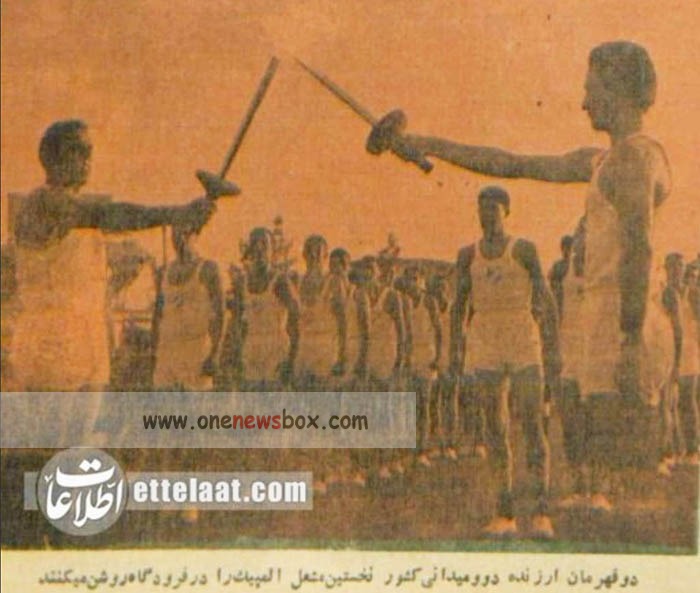In the early days of Shahrivar 1343 (September 1964), the people of Tehran witnessed a sight unlike any before in their city’s history: the passing of the Olympic torch through their streets. The torch, lit on the slopes of Mount Olympia in Greece, symbolized the ideals of peace, unity, and competition that the modern Olympic Games carried across borders and cultures. That year, for the first time, the flame of an Olympic torch reached the capital of Iran, marking a small but significant moment in the nation’s sporting history. The destination of this flame was Tokyo, Japan, where the Summer Games of 1964—the first Olympics ever hosted in Asia—were about to begin.
The event carried symbolic weight well beyond athletics. For Tehranis, the torch’s arrival represented an international acknowledgment of their city as part of a global sporting and cultural network. For Japan, it reflected the country’s careful effort to stage an Olympic Games that would demonstrate its recovery from the devastation of the Second World War and its role as a modern, forward-looking Asian nation. And for Iran, standing between East and West both geographically and politically, the moment allowed the monarchy to present itself as a progressive regime supportive of international cooperation and sport.

